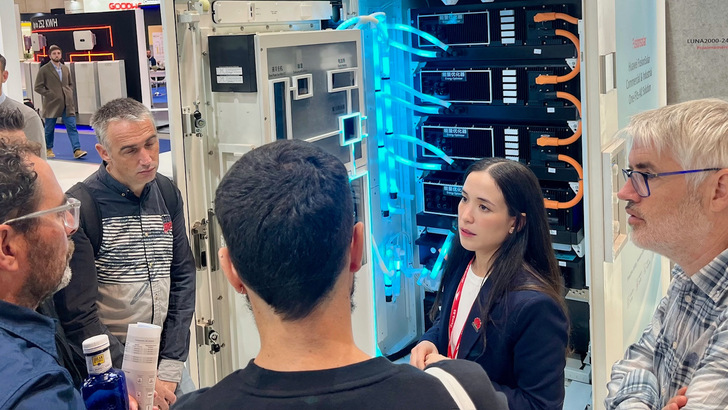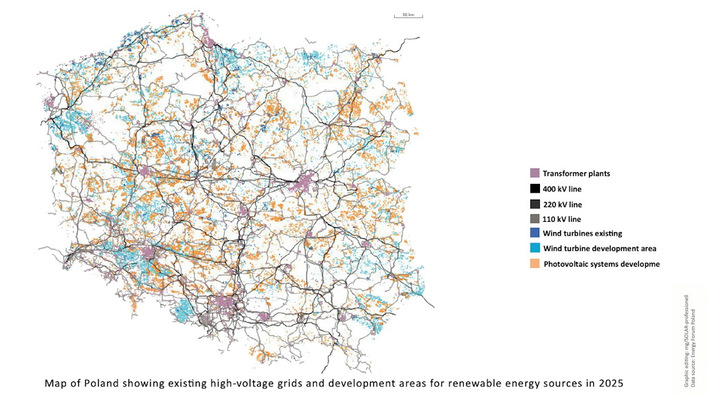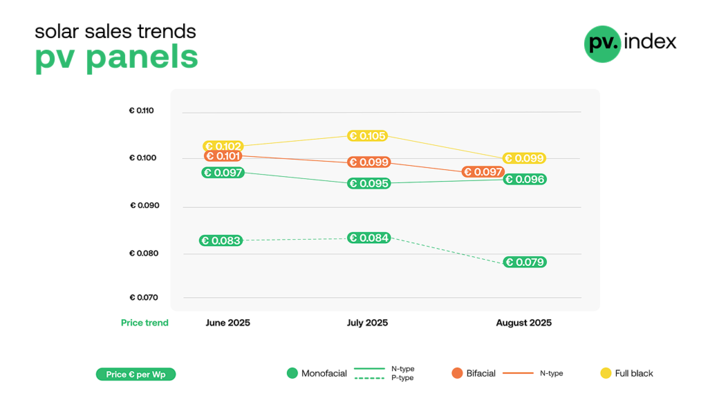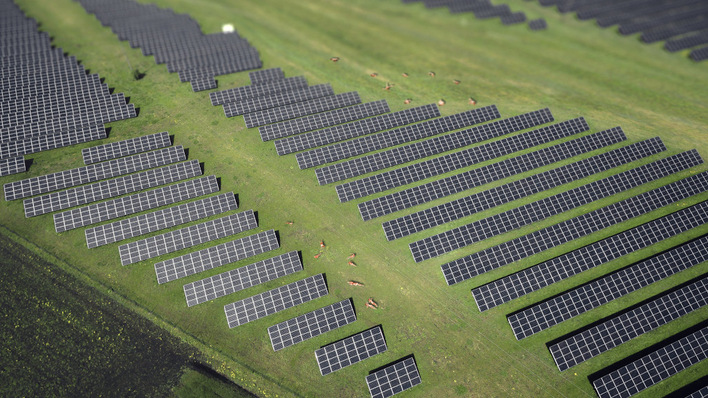The Spanish Photovoltaic Union (UNEF) opened the Genera Solar Forum with a session dedicated to self‑consumption. Discussion focused on expected regulatory changes and measures to strengthen solar self‑consumption. UNEF Director General José Donoso called for faster deployment: “If we want to keep growing and reach the almost two gigawatts per year required to meet the targets of the National Energy and Climate Plan (PNIEC), both the administration and businesses must act. In the past we sold systems; today we must offer creative solutions.”
Government promises boost for collective self-consumption
Carlos Redondo, Deputy Director General for Electrical Energy at Spain’s Ministry for Ecological Transition, outlined details of the government’s planned amendment on self‑consumption. The draft decree is currently under public consultation. Redondo said the new regulation is expected to give a strong boost to collective self‑consumption and decentralised storage. The solar sector has already submitted numerous comments on the proposal.
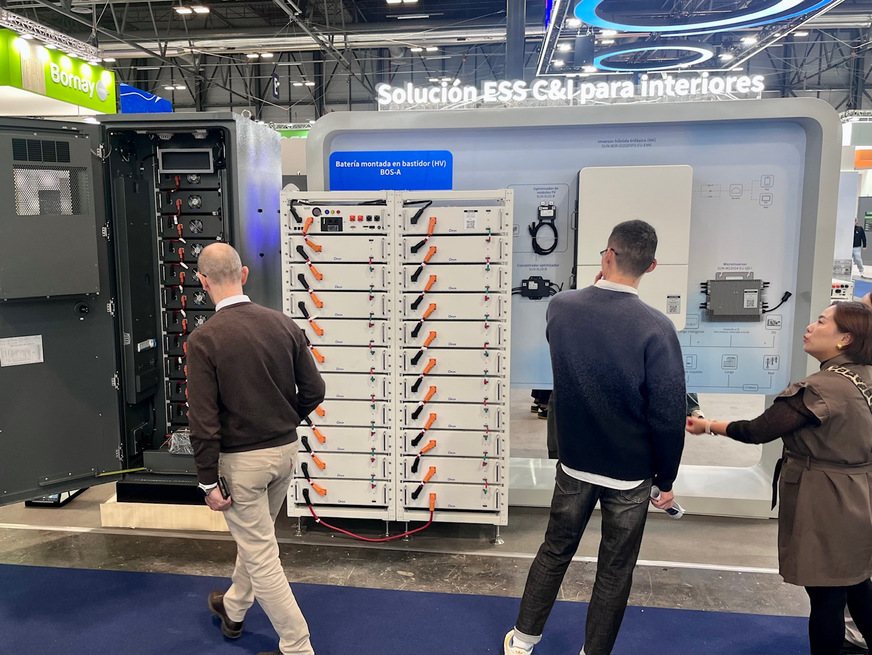
Niels H. Petersen
A key focus of the discussion was the increasing combination of self‑consumption systems with battery storage. Irene Real, Head of Self‑Consumption at UNEF, said: “Self‑consumption installations are increasingly paired with storage. This requires particular attention to component quality and installer safety.”
Target: 19 gigawatts of solar self-consumption by 2030
A second panel examined the challenges to achieving the 19 GW of self‑consumption capacity targeted by the PNIEC for 2030. Discussion focused on simplifying permitting, developing new financing models, supporting collective self‑consumption and the role of businesses in accelerating demand electrification.
Innovation Gallery presents solar, storage and digital advances
Pedro Antonio Roca, Business Unit Director at Konery: “Self‑consumption is profitable, no doubt about it. But reducing processing times is essential. It cannot be that a homeowners’ association waits two years for approval of a collective self‑consumption project.”
Experts also emphasised the potential of energy communities. Alberto Barriga, energy law specialist at Schlaich Dauss, said: “After consolidating individual self‑consumption, the next step is collective self‑consumption and energy communities. Only then will access to the energy system truly become democratised.”
Huawei demonstrates live PV system on site
Exhibitors at the fair are also aiming to accelerate the energy transition. Huawei Digital Power’s stand highlights the digitalisation of the energy sector, with a product strategy centred on system security, energy storage and cost‑efficient solar power. A fully operational residential PV system running live throughout the exhibition offers visitors a direct, practical demonstration of Huawei’s solutions.
UNEF: PV and storage central to Spain’s industrial future
Huawei is also presenting its new Luna2000 ESS series. The system offers flexible capacities of 107, 161 or 215 kilowatt‑hours, with a round‑trip efficiency of 91.3 percent. Featuring hybrid cooling technology, it provides a durable solution for industrial and commercial applications. The Luna system remains stable under demanding conditions, extending battery life and reducing maintenance requirements. A multi‑layer safety design ensures a high level of protection. The series integrates with energy management systems via Modbus TCP, allowing intelligent control and real‑time monitoring, as demonstrated in the live system on site.
Market growth expected to return in 2026
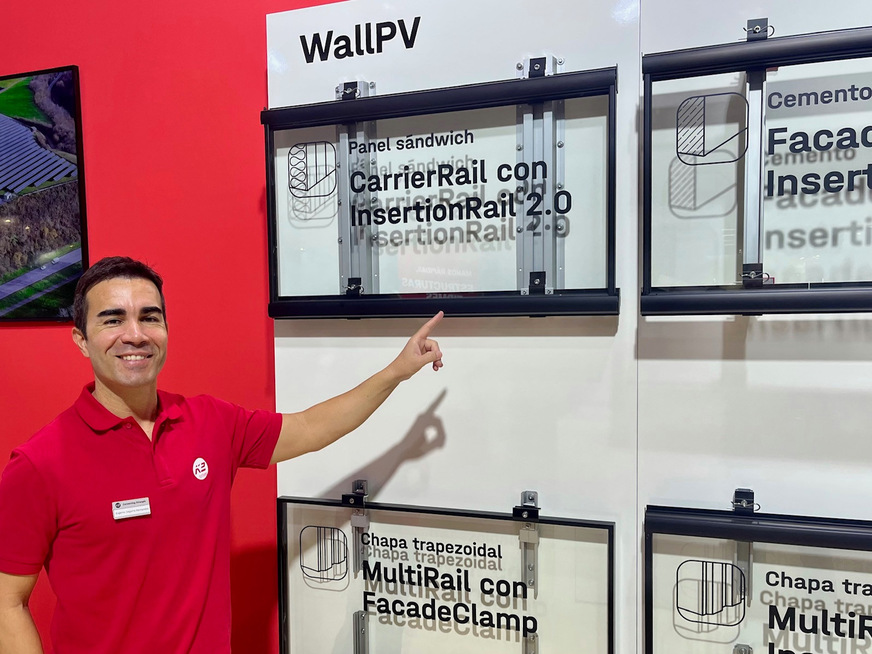
Niels H. Petersen
K2 Systems is presenting a new ground‑mount solution alongside products designed for both flat and pitched roofs. “This year, we saw a decline in residential, commercial and industrial installations, particularly in the first three quarters,” said Eugenio Segarra Hernández, Country Manager Spain at K2. “However, by the end of the year we began to see the first signs of market recovery.”
Spain shines as Europe’s solar frontrunner
The residential segment is showing moderate growth, while the industrial segment continues to expand steadily, reflecting sustained demand for larger systems. Hernández anticipates renewed market growth in 2026. “Our focus will be on mid‑ and large‑scale ground‑mounted projects using our fixed steel structures, where we see the strongest expansion potential. At the same time, we are actively promoting projects on building façades and large commercial and industrial roofs.”
Solis launches Evercore series
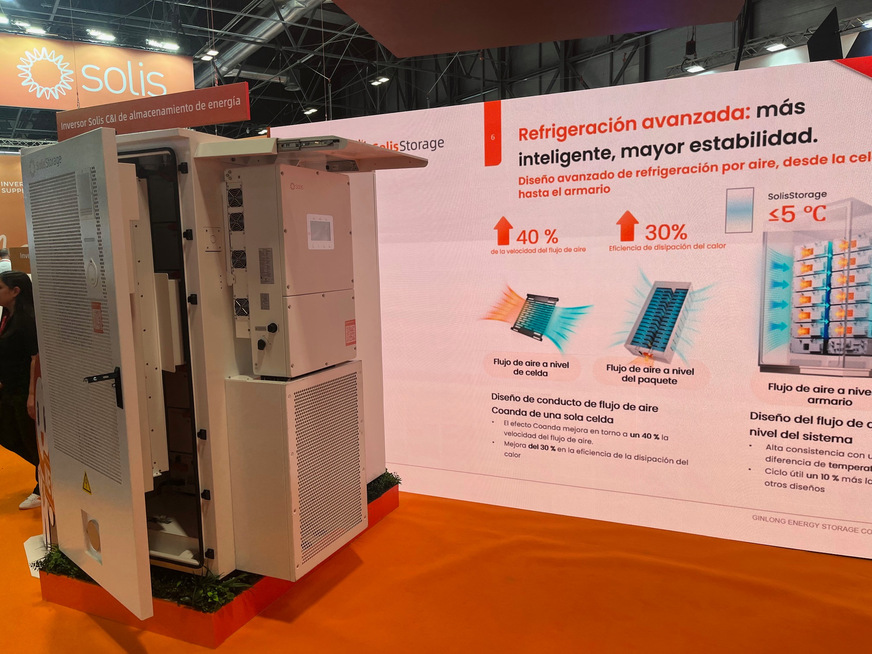
Niels H. Petersen
Chinese manufacturer Solis is presenting its new Evercore series at Genera in two configurations: one combining a 100 kW / 120 kWh storage system with a 50 or 60 kW hybrid inverter, and a larger version featuring 261 kWh of storage and a 125 kW hybrid inverter. Both models integrate inverter, battery and energy management system in a single compact unit. Designed for outdoor use and certified to IP66, the system is suited to demanding environments and, according to the company, delivers faster commissioning, improved responsiveness and higher overall stability.
Solis – new hybrid inverter delivers 125 kilowatts
Developed with a focus on performance, safety and scalability, Evercore enables companies to reduce energy costs and strengthen resilience, Solis reports. With demand‑response functionality and integration into virtual power plants (VPPs), operators can access new energy markets and generate additional revenue. “Evercore represents a major step forward for Solis, from inverter manufacturer to full energy‑solutions provider,” said Sandy Woodward, General Manager of Solis Europe. For customers, it offers a single point of contact for installation, service and after‑sales support. (nhp, Madrid)


